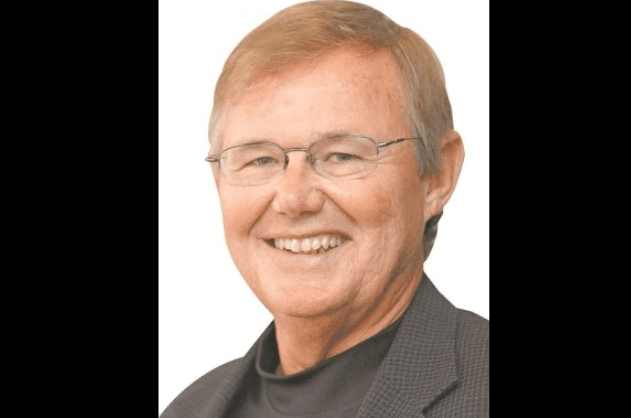 Billy Cannon, who died at age 80 over the weekend, remains the answer to a most interesting trivia question:
Billy Cannon, who died at age 80 over the weekend, remains the answer to a most interesting trivia question:
What native Mississippian scored perhaps the most famous touchdown in college football history, one that still gets replayed countless times nearly 60 years after the deed was performed.
Yes, that native Mississippian was William Abb (Billy) Cannon, born August 2, 1937, in Philadelphia – the one in Neshoba County, not Pennsylvania.
Cannon’s parents, Harvey and Virgie Cannon, moved to Baton Rouge when he was a child.
And so it was that on a humid Halloween night, 1959, Cannon took in an Ole Miss punt at his own 11-yard-line, broke seven tackles and ran himself into college football history. Final score: LSU 7, Ole Miss 3.
The defeat, in a game Ole Miss otherwise dominated, cost the Rebels an outright national championship and, many experts say, the right to be called the greatest college football team in history.
Cannon’s punt return accounted for seven of 21 points those Rebels gave up in 11 games. Meanwhile, Ole Miss scored 350 points with starters resting on the bench for much of most games. That’s right: 350-21.
And, as any Rebels will quickly tell you, Ole Miss routed LSU 21-0 in a Sugar Bowl rematch two months later, limiting the great Cannon to eight yards on six carries.
Cannon, you should know, almost wound up at Ole Miss. After a storybook career at Istrouma High in Baton Rouge where he nearly always was the biggest, fastest player on the field, Cannon strongly considered signing with John Vaught and Ole Miss. He considered Ole Miss, Florida and LSU before bowing to the wishes of his mother, who wanted her son to play college football in his hometown.
Cannon remained friends with all those Ole Miss players through the years – through thick and plenty of his own thin – and five years ago, in an appearance with Rebel quarterback Jake Gibbs, described the famous play:
“Ole Miss kept punting that ball, sticking us back in a hole, and I said, ‘If I can get my hands on this one, I’m going to take it back.’ The ball bounced and I got a perfect bounce, chest-high, the one you always look for that never comes, well I got it that night. I took off to my left, which was the wide side of the field and there facing me — first guy — was Larry Grantham. I had played with Grantham in the high school All-America game, I played against him four years at Ole Miss, I played with him 11 more years in the NFL … So I cut back to the other side, started up the field, picked up a couple of blocks, I got two or three hands on me and Emile Fournet came up from the right and just took all three of them out of the picture. I went down on one hand, came up running, slipped by another bad tackle, then I’m up the sidelines and the first man I see when I look up the field is Jake. And I said, well I’ve got to break this one.
“I said I know he thinks I’m going back to the wide side of the field, but if knew how tired I was, he wouldn’t think that. I’m going to take the short side … Jake missed the tackle. Now I’ve got to give Jake great credit on this: That was the only tackle he had missed in his career. Of course, with the team he had around him, that was the only tackle he tried to make in four years. After I had the clear sailing to the goal line, it was a question of was I going to make it, was the referee going to beat me there, or was the cameraman gaining on both of us going to outrun the whole bunch.”
Cannon, of course, made it. He also made it through 80 years of life that included more highs and lows than any crazy football game you ever saw. As most will know, one of the greatest heroes in college football annals, later spent 30 months in prison after being convicted of counterfeiting.
More than half a century after that sultry night at Tiger Stadium – and years after the prison sentence – Cannon made an appearance at the Jackson Touchdown Club with his coach, Paul Dietzel, and with nine of the 1959 Rebels. All of them – Cannon and those nine Rebels – had the distinctive look of former athletes, thick and broad-shouldered and proud. You should know that those immensely proud Rebels remained haunted by Cannon’s run. They still dreamed about it, they said. It was the one blemish on what was otherwise the most perfect season in the history of the sport.
Cannon and Dietzel watched from across the room while the nine former Ole Miss players lined up for a photograph to commemorate the evening.
Marvin Terrell, the biggest and strongest of the Rebels, called out in a booming voice, “Come on, Billy, let’s see if you can run through us now!”
Laughing, the great Billy Cannon declined.
Rick Cleveland is a Jackson-based syndicated columnist. His email address is rcleveland@mississippitoday.

